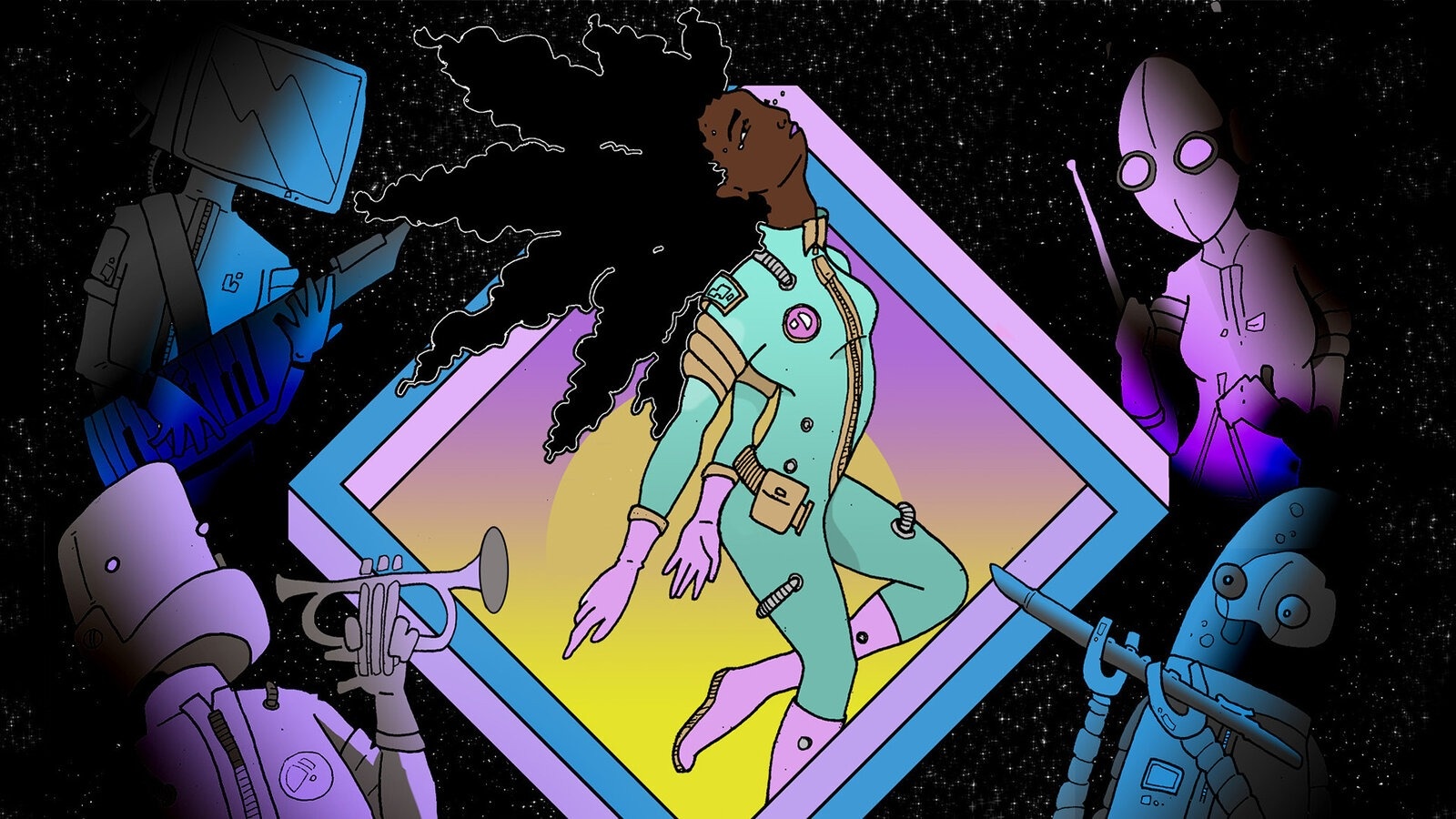
With over 1 million monthly listeners on Spotify, psychedelic rock band The Velvet Sundown are making thousands of dollars and leaving the music industry asking tough questions after it was recently confirmed that their songs are largely the work of generative AI.
The Velvet Sundown's Spotify bio also makes this clear, noting: "A fusion music project driven by human creative direction, and composed, voiced, and animated with the help of artificial intelligence."
But in CNBC 's conversations with various music experts, words like "soulless," "stifling," and "creepy" came up as the industry grapples with the encroachment of AI.
Difficult to distinguish between human and machine
While AI tools have long been integrated into music software like Logic, newer generative AI-powered platforms like Suno and Udio have made it easier than ever to create entire songs based on just a few commands.
As a result, “The Velvet Sundown” isn’t the only AI-generated artist to emerge online. There’s already evidence that other emerging artists like musician Aventhis—with more than 600,000 monthly listeners on Spotify—are also the product of AI-generated vocals and instruments.
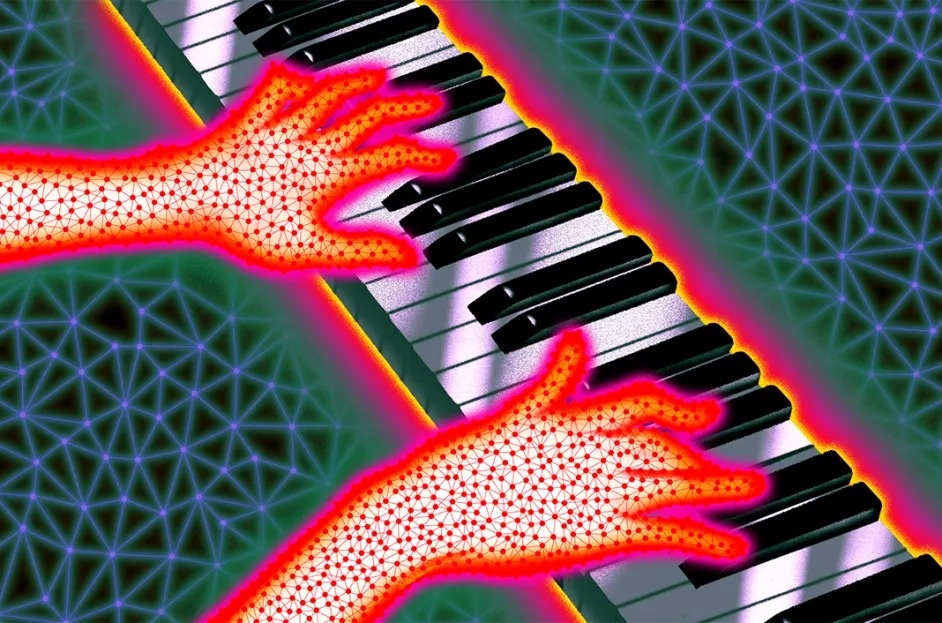 |
AI-generated music is becoming increasingly unrecognizable: Photo: Cathryn Virginia. |
Meanwhile, France-based music streaming service Deezer, which has been rolling out AI detection tools for the music industry, revealed in April that as much as 18% of all tracks uploaded to its platform are entirely AI-generated.
The quality and originality of AI-generated music is often criticized, but as generative AI becomes more sophisticated, experts say it will become harder for the average listener to distinguish between human and machine.
“The Velvet Sundown has music that’s much better than anything we’ve heard AI-generated in the past,” Jason Palamara, assistant professor of music technology at the Herron School of Art and Design, told CNBC.
According to Palamara, the first versions of AI were used to create catchy, but repetitive, pieces of music. Now, AI is producing songs that actually make sense structurally, with verses, choruses, and bridges.
The professor also added that The Velvet Sundown is likely just the “tip of the iceberg” of what’s to come. Suno and Udio—the current “gold standard” of generative AI platforms—have little to no barriers to entry, allowing anyone to create hundreds of AI tracks with just a few lines of code.
Both platforms currently offer free access, as well as paid subscription plans that cost around $30 or less per month.
The uncertain future of music
The growing popularity of AI music has caused a stir in the music industry, according to Keith Mullin, head of management and music industry course leader at the Liverpool Institute of Performing Arts.
“It’s the hottest topic right now, particularly around copyright and digital service providers like Spotify,” said Mr Mullin, who is also guitarist for Liverpool rock band The Farm.
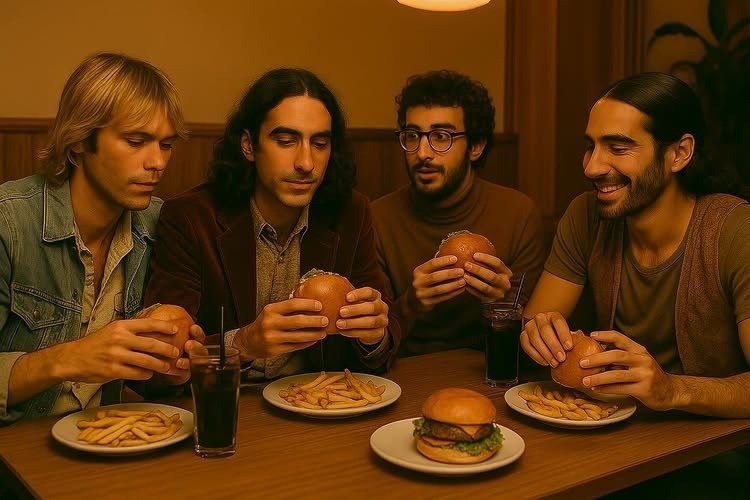 |
The Velvet Sundown's incriminating photo. Photo: The Velvet Sundown/Instagram. |
Major record labels including Sony Music, Universal Music Group and Warner Records have now filed lawsuits against Suno and Udio, alleging massive copyright infringement. Meanwhile, thousands of musicians and creators have called for a ban on the unauthorized use of human art to train artificial intelligence.
Still, Mullin believes generative AI in music is here to stay. “I don’t think we can turn back the clock,” he said, adding that music and its business models are constantly changing.
In fact, the music business is no stranger to major technological changes. Events like the launch of Napster in 1999 and the rise of streaming music platforms in the 2000s shook the industry and forced major adaptations.
However, the notion of competing with AI bands is causing anxiety for young musicians like Tilly Louise, a UK-based alternative pop artist.
Despite amassing millions of streams on Spotify, Louise, 25, said she never made enough money from streaming platforms to live on, and was working a full-time job.
“For a band that doesn't even really exist to get all this attention on social media, it's really disheartening,” Louise commented.
 |
Another AI band called The Devil Inside is also receiving millions of streams on Spotify. Photo: The Devil Inside. |
To prepare young artists for the changing music landscape, music professors say they are integrating AI into their curriculum, teaching students how to use technology to enhance the music creation and production process, rather than replace it entirely.
Some high-profile producers have also embraced the trend. Last June, Grammy-winning artist and producer Timbaland launched an AI-focused entertainment project called Stage Zero, which will feature an AI-generated pop star.
“Other manufacturers are starting to do this and it's going to create a completely different model of the music industry that we can't predict yet,” Palamara says.
Source: https://znews.vn/ai-tro-thanh-tham-hoa-cho-nganh-am-nhac-post1570303.html


![[Photo] National Assembly Chairman Tran Thanh Man attends the VinFuture 2025 Award Ceremony](/_next/image?url=https%3A%2F%2Fvphoto.vietnam.vn%2Fthumb%2F1200x675%2Fvietnam%2Fresource%2FIMAGE%2F2025%2F12%2F05%2F1764951162416_2628509768338816493-6995-jpg.webp&w=3840&q=75)

![[Photo] 60th Anniversary of the Founding of the Vietnam Association of Photographic Artists](/_next/image?url=https%3A%2F%2Fvphoto.vietnam.vn%2Fthumb%2F1200x675%2Fvietnam%2Fresource%2FIMAGE%2F2025%2F12%2F05%2F1764935864512_a1-bnd-0841-9740-jpg.webp&w=3840&q=75)






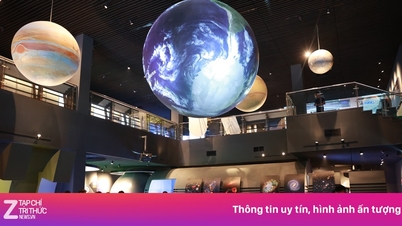


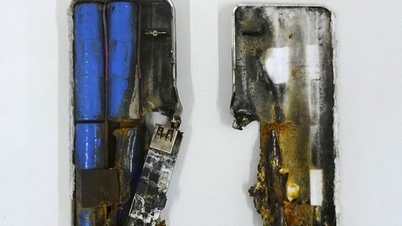






















































































Comment (0)